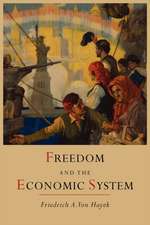The Pure Theory of Capital: The Collected Works of F. A. Hayek, cartea 12
Autor F.A. Hayek Editat de Lawrence H. White Cuvânt înainte de Bruce Caldwellen Limba Engleză Paperback – 8 oct 2014
With a new introduction by Hayek expert Lawrence H. White, who firmly situates the book not only in historical and theoretical context but within Hayek’s own life and his struggle to complete the manuscript, this edition commemorates the celebrated scholar’s last major work in economics. Offering a detailed account of the equilibrium relationships between inputs and outputs in an economy, Hayek’s stated objective was to make capital theory—which had previously been devoted almost entirely to the explanation of interest rates—“useful for the analysis of the monetary phenomena of the real world.” His ambitious goal was nothing less than to develop a capital theory that could be fully integrated into the business cycle theory.
| Toate formatele și edițiile | Preț | Express |
|---|---|---|
| Paperback (3) | 116.34 lei 3-5 săpt. | |
| LIBERTY FUND – 30 oct 2012 | 116.34 lei 3-5 săpt. | |
| Taylor & Francis – 14 apr 2014 | 342.59 lei 6-8 săpt. | |
| University of Chicago Press – 8 oct 2014 | 385.99 lei 6-8 săpt. | |
| Hardback (1) | 830.63 lei 6-8 săpt. | |
| Taylor & Francis – 26 iul 2007 | 830.63 lei 6-8 săpt. |
Preț: 385.99 lei
Nou
73.87€ • 76.84$ • 60.98£
Carte tipărită la comandă
Livrare economică 14-28 aprilie
Specificații
ISBN-10: 022621558X
Pagini: 464
Ilustrații: 34 line drawings, 1 table
Dimensiuni: 152 x 229 x 33 mm
Greutate: 0.63 kg
Editura: University of Chicago Press
Colecția University of Chicago Press
Seria The Collected Works of F. A. Hayek
Notă biografică
Lawrence H. White is the F. A. Hayek Professor of Economic History at the University of Missouri–St. Louis. He is the author of several books, most recently The Theory of Monetary Institutions. His work has appeared in the American Economic Review and other leading journals. He is a visiting professor at Queens University Belfast.
Cuprins
Editor’s Acknowledgements, by Lawrence H. White
Editor’s Introduction, by Lawrence H. White
The Pure Theory of Capital
Preface
Table of Contents
Analytical Table of Contents
Text to The Pure Theory of Capital
Appendices
Guide to Terms
Bibliography
Index
Recenzii
Descriere
Hayek's most detailed work in economic theory, "The Pure Theory of Capital" has long been overlooked. First published in 1941, it stood in sharp contrast with fashionable economic thought, which had shifted under the influence of John Maynard Keynes. This publication represents Hayek's last major work in economics. This volume offers a detailed account of the equilibrium relationships between inputs and outputs in a time-filled economy. Hayek's stated objective was to make capital theory -- which had previously been devoted almost entirely to the explanation of interest rates -- "useful for the analysis of the monetary phenomena of the real world." His ambitious goal was nothing less than to develop a capital theory that could be fully integrated into business cycle theory. Hayek's manifesto of captial theory is now available again for today's students and economists to discover. The introduction, by Hayek expert Lawrence H White, firmly situates the book in a historical and theoretical context, as well as within Hayek's own life and his struggle to complete the manuscript. It provides important insights into Hayek's theories, the intellectual environment in which he wrote, and the personal context of this important work.
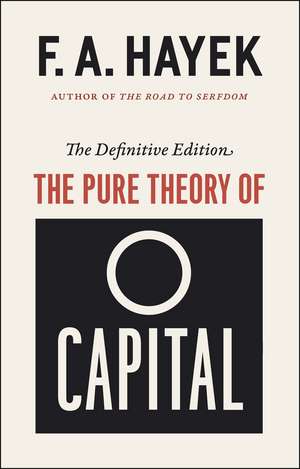














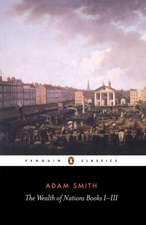









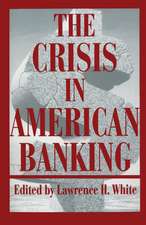
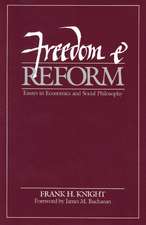

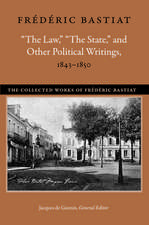
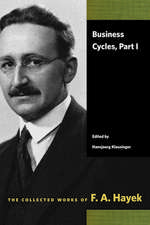
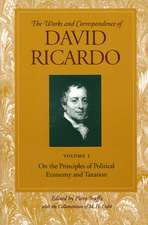

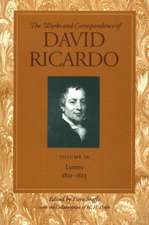




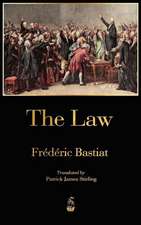
![What Has the Government Done to Our Money? [Reprint of First Edition]](https://i4.books-express.ro/bt/9781614271345/what-has-the-government-done-to-our-money-reprint-of-first-edition.jpg)
